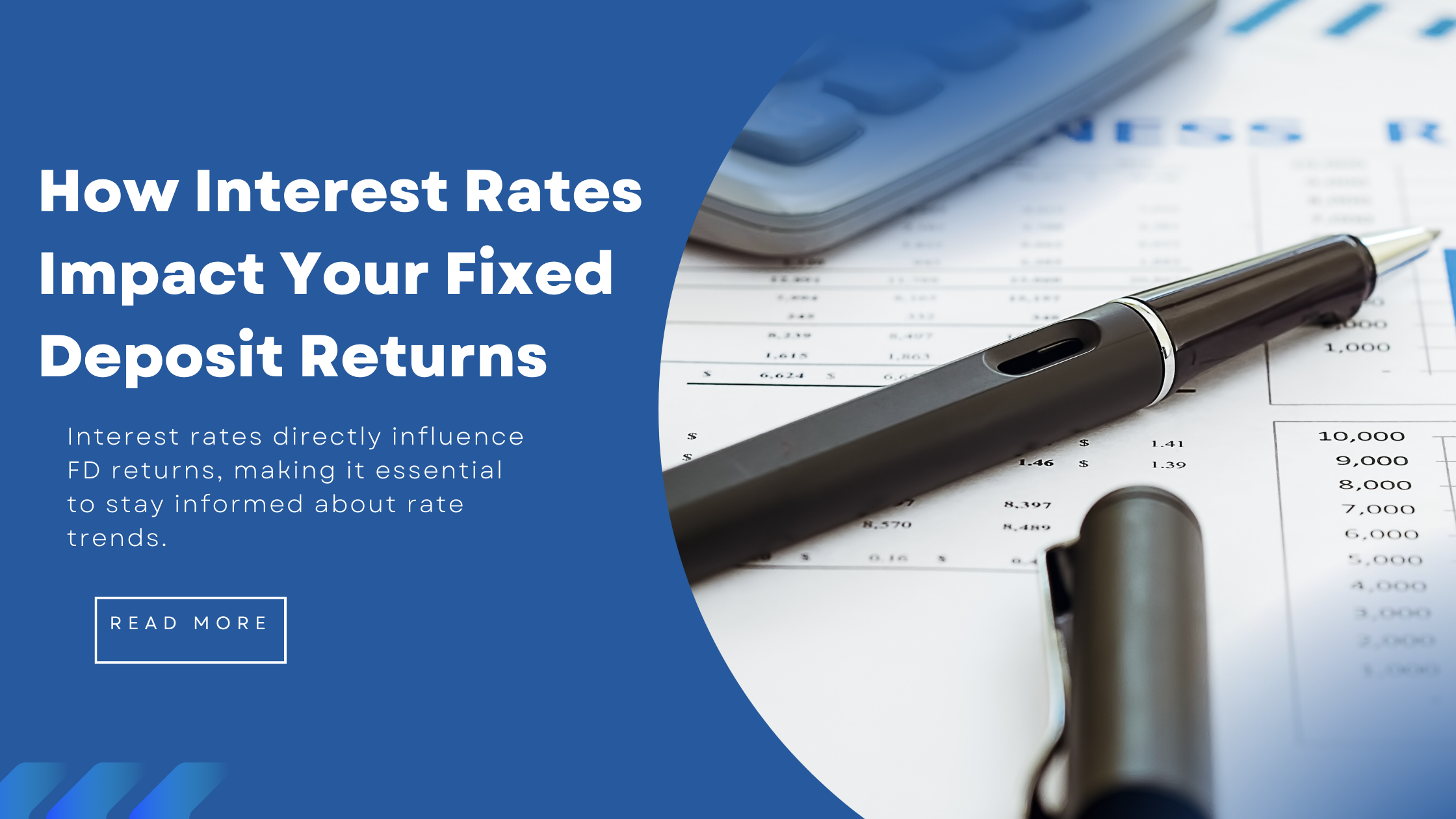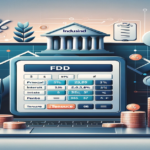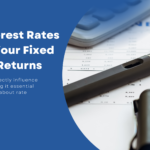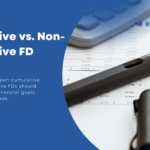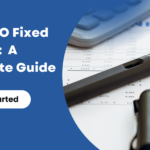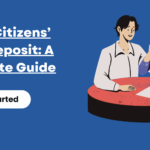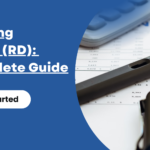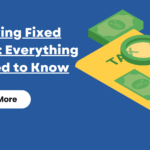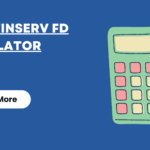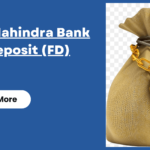When you invest in a Fixed Deposit (FD), you’re essentially locking in your money for a set period in exchange for a guaranteed return. The interest rate plays a crucial role in determining how much you’ll earn from your FD. Let’s break it down in a simple way.
1. The Direct Effect on Your Returns
- Higher Interest Rates = More Earnings: When banks and financial institutions offer higher interest rates, you get better returns on your FD. If you invest during this period, your earnings will be higher over time.
- Lower Interest Rates = Lower Returns: If rates drop, new FDs will offer lower returns. However, if you’ve already invested at a higher rate, your FD remains unaffected, which is a plus during periods of declining rates.
2. Choosing Between Short-Term and Long-Term FDs
Interest rates change based on factors like government policies, inflation, and overall economic conditions.
- Long-Term FD: If you lock in your money for a longer period, you’re safe from future rate cuts. This is great if interest rates are expected to go down.
- Short-Term FD: If rates are rising, a short-term FD allows you to reinvest later at a better rate.
3. The Role of Compounding Interest
Compounding means your interest earns interest over time, boosting your final returns. Banks offer different compounding options, like monthly, quarterly, or yearly.
- More Frequent Compounding = More Growth: A monthly or quarterly compounding FD will give you higher returns than a simple interest FD because your earnings accumulate faster.
4. Taxation on FD Interest
The interest you earn on your FD is taxable. If you’re in a higher tax bracket, a large FD interest payout might increase your tax liability. Banks deduct TDS (Tax Deducted at Source) if your total FD interest crosses a certain limit in a financial year.
5. Timing Your FD Investment
Interest rates don’t stay the same forever. If rates are expected to go up, you might want to wait before investing. If they are likely to go down, it’s better to lock in your FD sooner rather than later.
6. Reinvestment and Renewals
When your FD matures, you might reinvest the amount in a new FD. The interest rate at that time will determine how much you earn next. If rates have dropped significantly, your returns may be lower compared to your previous FD.
Key Takeaway
Interest rates directly impact how much you earn from your FD. By staying informed about rate trends, choosing the right FD tenure, and taking advantage of compounding, you can make the most out of your fixed deposit investment. Always compare FD rates from different banks and financial institutions to get the best deal for your money!
